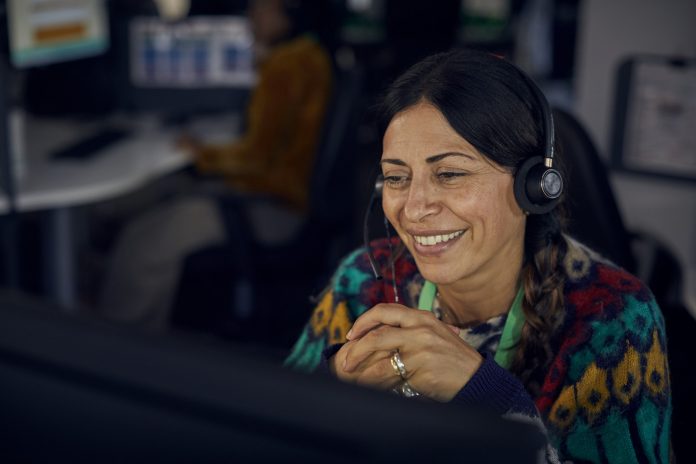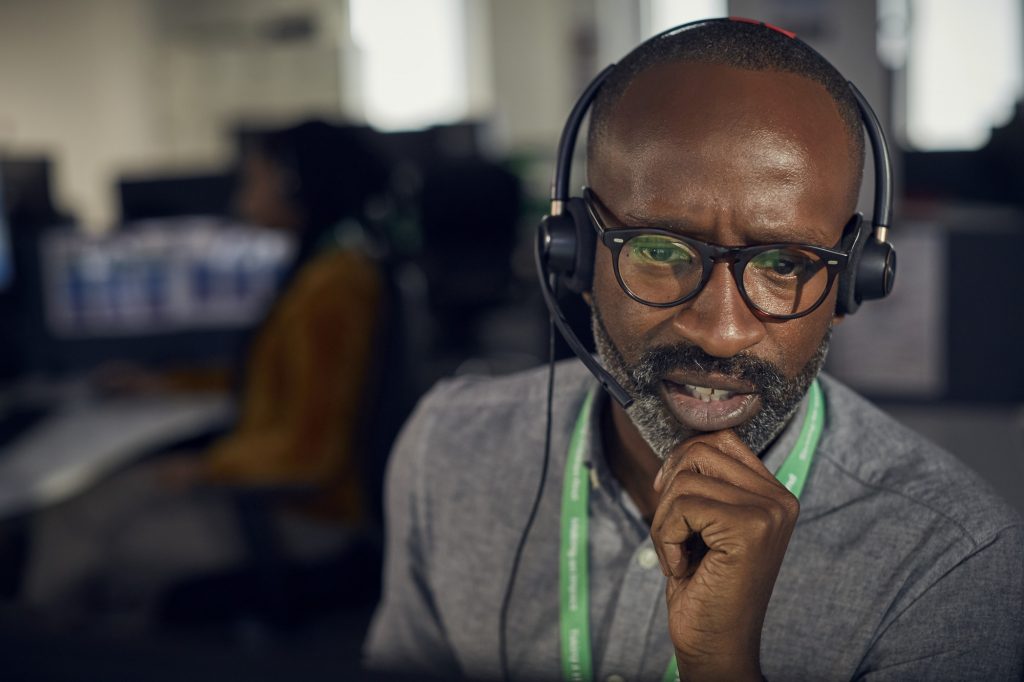- Childline data reveals there have been more than 2,000 counselling sessions delivered to children in Wales since lockdown
- 37% of all contacts to Childline from children living in Wales in April, May and June related to mental health and wellbeing
- NSPCC Cymru says its crucial all children and young people in Wales have access to support with their mental health and the trauma of COVID-19
More than a third of contacts from children living in Wales to the NSPCC’s Childline service during the last three months have related to mental health concerns, the charity has revealed.
There has been a notable increase in calls from young people during lockdown with 2,179 children from Wales contacting the helpline during April, May, and June. This compared to a pre-lockdown 30-day average (6 Jan – 22 March) of 547 contacts from children in Wales.
Long-term support must remain in place for children and young people who have experienced trauma, abuse and neglect during the lockdown. NSPCC Cymru is urging the Welsh Government to prioritise fully resourcing support services going forward to ensure children and young people in Wales are able to access the necessary help to prevent the trauma of the pandemic from having a potentially long-term impact on their mental health and wellbeing.
The main reason for children from Wales contacting Childline has been to talk about mental or emotional health with 807 contacts relating to this issue in the last three months, compared to a 30-day pre-lockdown average of 191.
Also in the top three of concerns for children living in Wales were suicidal thoughts and feelings, and family relationships.
NSPCC Cymru grows increasingly concerned that children are the hidden victims of the Coronavirus (COVID-19) crisis, with Childline providing a vital lifeline to children whose counselling sessions have shown that mental health is their top concern.
Whilst NSPCC Cymru has welcomed the extension of therapeutic support for younger children in school based settings announced by the Welsh Government to help children to talk about their mental health, the charity is clear that evidence-based therapies should be used with young children who do not always benefit from traditional counselling models.
Throughout the pandemic young people have told counsellors they are feeling low, unhappy, overwhelmed and more recently talked about the anxiety they feel as we look to come out of lockdown.
Two of the NSPCC’s 12 Childline bases are located in Wales, in Prestatyn and Cardiff, where trained volunteer counsellors take contacts from children living across the UK and Channel Islands.
An eight year-old-girl told Childline: “I am feeling sad and worried. I am scared of Covid-19 and feel like my family don’t care about me. I don’t get any attention and am always fighting with my mum. I live with just my mum and don’t see dad much. We live in a tiny flat and sometimes we get so angry with each other we end up fighting. After we have had a fight I hurt myself because I feel like I am not good enough.”
Debs Davis, Childline Service Manager for Wales, said: “There is no doubt that the Coronavirus pandemic has had a direct impact on the mental health of many of our children and young people across Wales. Our volunteer counsellors have been hearing about the effect this health crisis is having on our youngest children too and it is imperative that Childline can continue to be there to ensure that young people are supported to cope and recover from the aftermath of this crisis. We need to ensure that children in all areas of Wales can access the vital support services they need to begin to move forwards.”
UK-wide, Childline has seen an increase in young children getting in touch about their mental health and emotional wellbeing, with counselling sessions going up by 37% for 11-year-olds and under compared to before the lockdown.
In association with ITV’s Tonight programme, the NSPCC run service is publishing its latest data which reveals that since the beginning of lockdown there have been nearly 22,000 counselling sessions about mental health concerns delivered to children living across the UK and Channel Islands. Counselling sessions about this topic peaked in May, when the service delivered 15% more than the pre-lockdown monthly average.
The number of counselling sessions where children mentioned worries about the world more than doubled compared to before lockdown and the easing of lockdown has increased anxiety levels for some young people. They have shared concerns about returning to school, catching the virus, classwork, exams and how school life will be now.
Esther Rantzen, Founder of Childline said: “The Coronavirus pandemic has turned children’s lives upside down, cutting them off from the places they have relied upon in the past for comfort and support. During lockdown, the virus has imprisoned them in homes which may not be safe, with emotional and physical abuse, violence, or neglect. This has meant many young people have turned to Childline as their only lifeline, and have shared with us that they are unable to cope, and are desperate for help. We know that by providing children with a safe, confidential way to share their anxiety, as well as timely support so they can describe their feelings, we can help to prevent their problems totally overwhelming them.
“At Childline we have always provided a vital listening ear for our young people who know we are there for them, and our website offers practical help to calm and reassure them. But as lockdown eases, and as life continues to feel uncertain and challenging, it is essential that in addition to Childline our children have access to the mental health resources they will need to help them cope.”
As children continue to struggle with the uncertainty that surrounds them and with many in homes that are unsafe, funding for the NSPCC’s Still Here for Children appeal has never been more important. The charity is asking the public to donate £10 so it can continue to run services like Childline that are providing vital support to children during the pandemic.
Some children talked to Childline about family relationships, sharing that arguments, increased parental stress levels and abusive home environments are impacting their mental health. Worryingly, the average number of counselling sessions about abuse has increased by around a quarter since lockdown began.
Since the start of the year, Childline has delivered 11,783 counselling sessions across the UK and Channel Islands related to the Coronavirus. During this time, the service has seen the way that young people get in touch change, including an increase in the number of young people emailing via Childline’s personal inbox.
Despite Childline having to close the night service for the first time and having a 30% drop in volunteer hours, due to counsellors having to self-isolate, it continues to battle to still be there for children across the UK.
The NSPCC has praised NHS staff for their work with young people remotely during the lockdown and urged children and families to reach out to the GPs for support.
Generation Covid: Our Children in Crisis? – Tonight will air on ITV at 19.30 on Thursday 16th July.
Adults concerned about a child can contact the NSPCC helpline seven days a week on 0808 800 5000, or email help@nspcc.org.uk. Children can call Childline on 0800 11 11 or visit www.childline.org.uk 365 days of the year.

| [donate]
| Help keep news FREE for our readersSupporting your local community newspaper/online news outlet is crucial now more than ever. If you believe in independent journalism,then consider making a valuable contribution by making a one-time or monthly donation. We operate in rural areas where providing unbiased news can be challenging. |




















